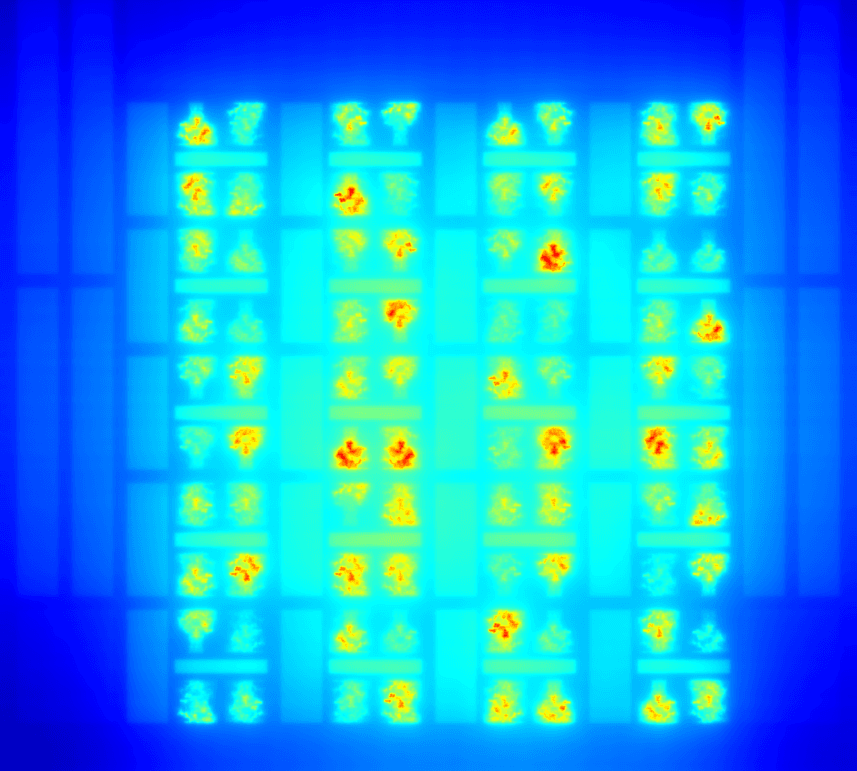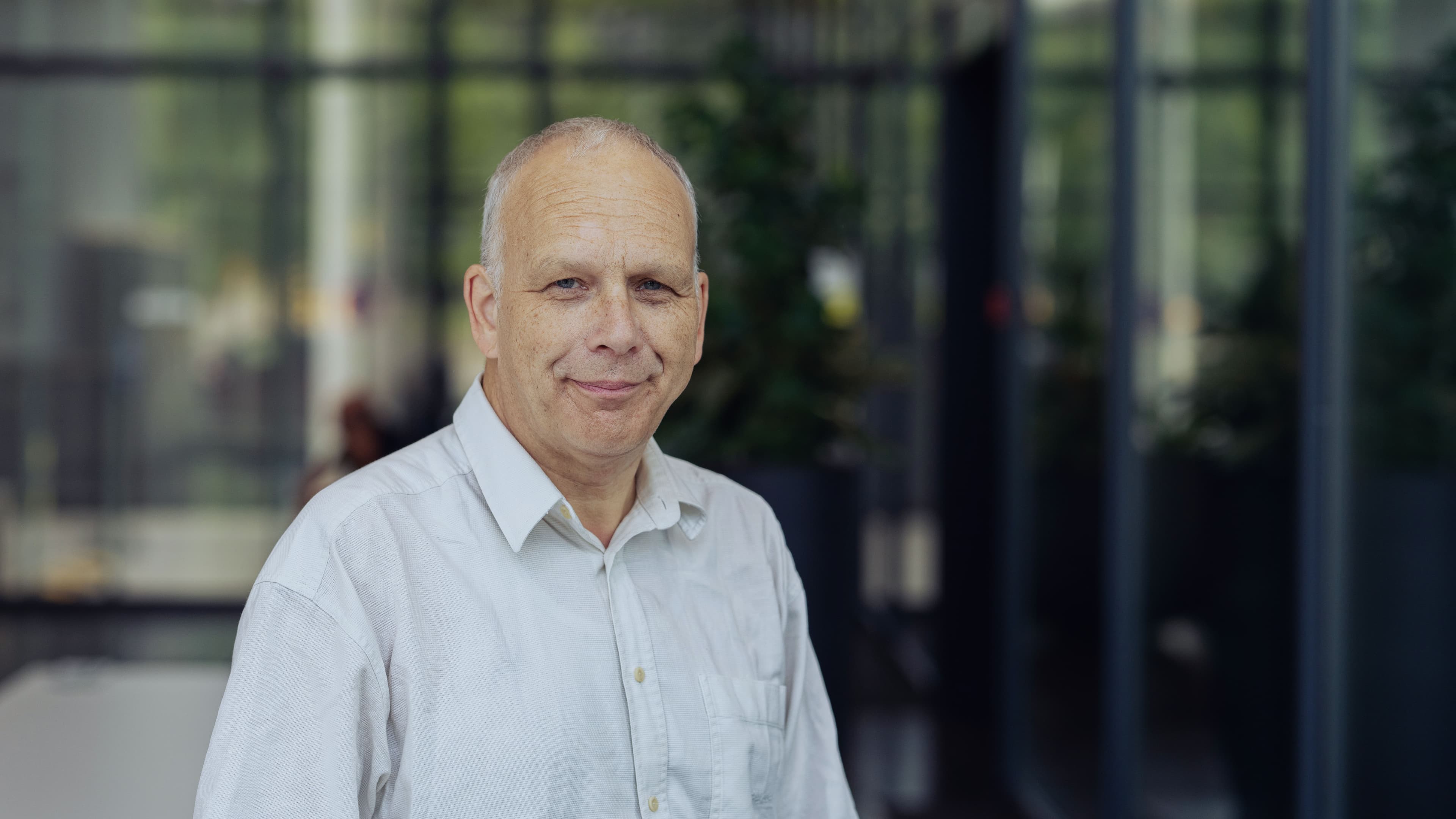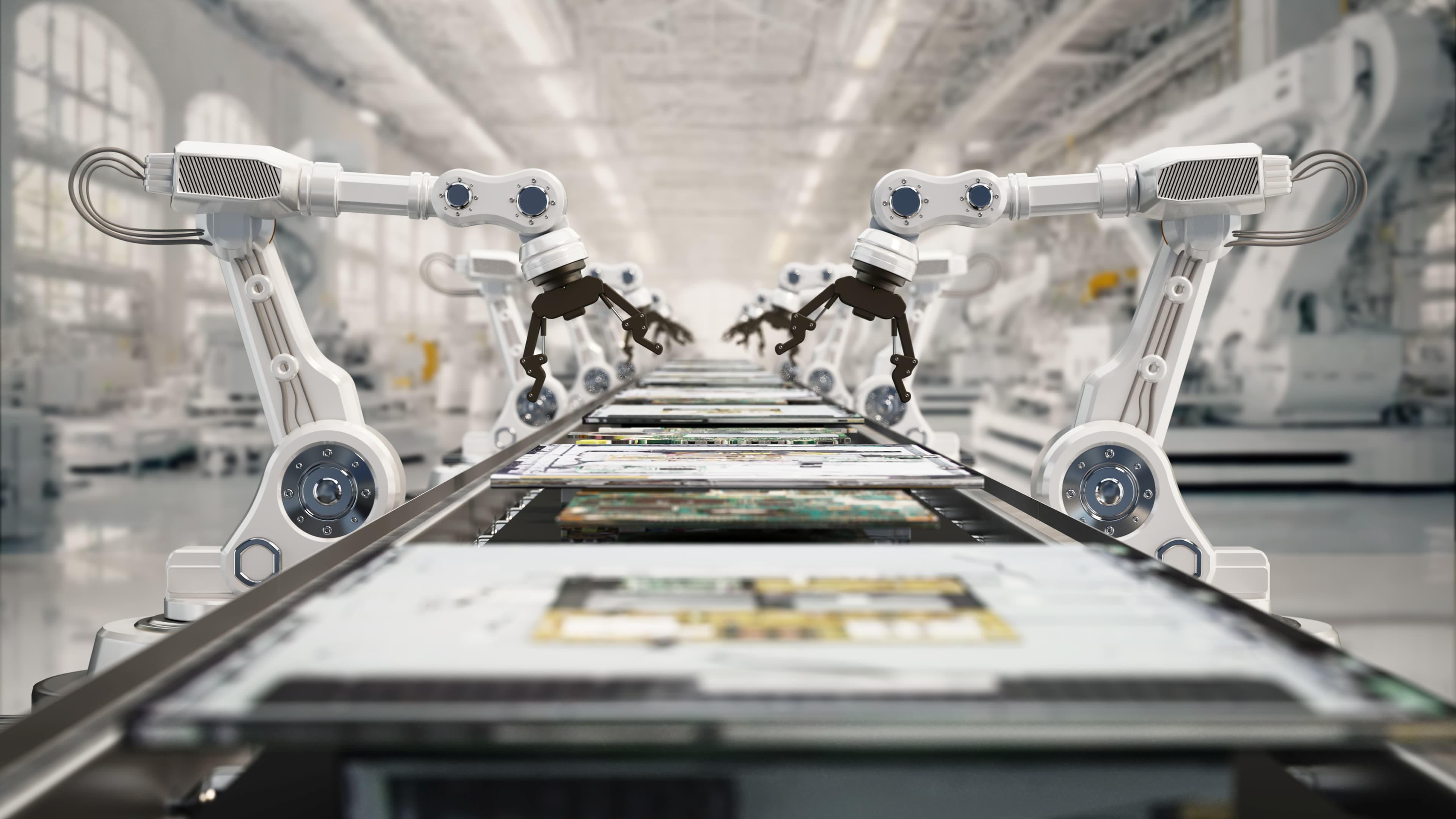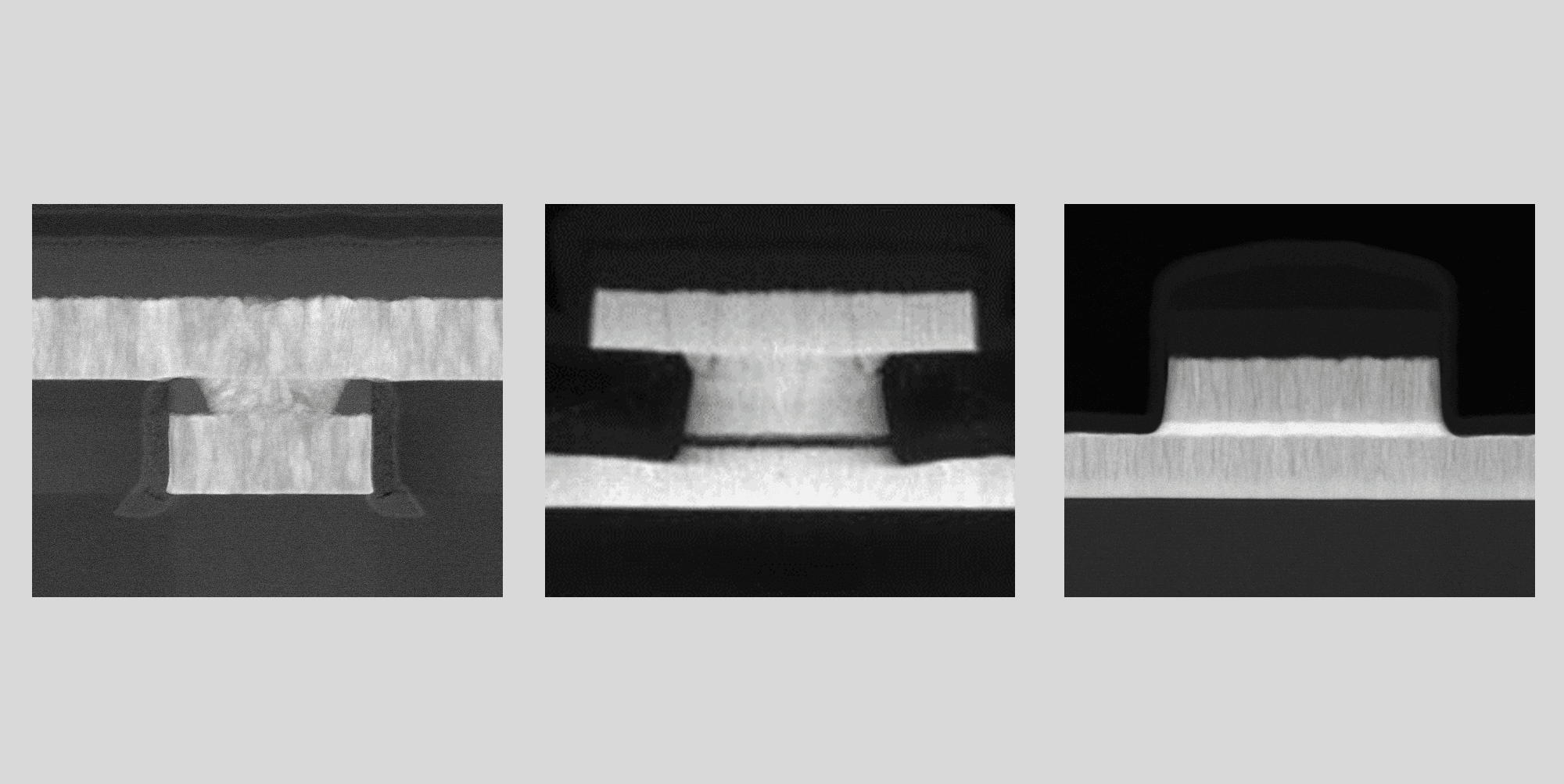Before taking up the leading role on AI at imec, Steven Latré, who has been working at imec since 2013, has headed IDLab Antwerp. That research group is performing applied and fundamental research in communication networks and artificial intelligence. Since 2022, Steven captains imec’s research into artificial intelligence. One of imec’s aims is to become thought leader in artificial intelligence. Steven Latré takes the lead in accomplishing that goal, while uniting imec’s AI endeavours in doing so.
IDLab Antwerp and DARPA
Two highlights stick out in Steven’s career. The first one isn’t a one-time snapshot; it spans over a period of eight exciting years. “Eight years ago, I got the opportunity to start my own research group at the University of Antwerp. We began with a small group that could fit in a coffee room. Over the years, I’ve seen that group grow into a large body of about 100 people. We took our first steps as young researchers, and we grew more mature along the way. It’s very rewarding to see how every researcher evolved and blossomed.”
Steven’s second highlight is more technical. “A few years back, we participated in the DARPA competition on machine learning for dynamic spectrum management, with a team of Ghent University. Entering the competition was a gamble for us, but to our own surprise, we ranked highly end ended up being the only European finalist. That challenge proved how you can create impact by collaborating closely. By approaching it as a team, and not as an individual, you can aim much higher.”
Simplifying complexity
Next to two highlights, Steven has two major drivers. The first one revolves around simplifying complexity, the second one around a key building block of AI: data.
- “I love to look at complex things, make them simple and translate them into simple analogies. That also goes for trying to find an easy solution for a very complex research challenge. If those solutions are achieved, they are often the best ones.”
- “I also have a passion for data, in the sense that I see it everywhere. If I’m in a traffic jam on the ringway of Antwerp, I see dots of GPS signals and immediately start thinking of patterns. If I’m looking at a cycling race, I see athletes who are generating massive numbers of data. What does that data mean? Which patterns come out of it? That intrigues me.”
How AI can impact imec’s future
Steven’s main field of expertise is AI. So, it’s not remarkable that he sees great potential in what AI can add to imec, and he believes it will play an important role in imec’s future. “I may be a bit biased, but I often say that AI is probably now what the internet was in the nineties. It’s still in its infancy, but we can scale it up. That provides a great opportunity for imec. In the end, AI will act as a catalyst for a lot of imec competences, be it for health, connectivity, sensors, or many other application domains.”
A message to young researchers
Finally, Steven has two pieces of advice for young and upcoming researchers.
- “My number one advice is that you should try to work together. As a junior researcher, you’re often starting with a PhD, and you’re focusing on a very individual trajectory. But if you work together, I’m convinced that one plus one is more than two, always. Don’t focus on individual KPIs but aim at achieving a strong collaboration.”
- “Secondly, try to find collaboration across different disciplines. Although it often isn’t an easy path, I strongly believe that the best innovations are found at the intersection of disciplines. It requires effort because you’ll have to collaborate with people you don’t understand immediately as they figuratively speak another language. Still, the most original results are found at those intersections.”
Ready to set off on your own imec journey?

Steven Latré heads imec’s artificial intelligence research. He joined imec when it merged with iMinds in 2013. Steven headed the IDLab research group and helped it grow from a small band of researchers to a batch of over 100 members. His main expertise focuses on combining sensor technologies and chip design with AI to provide end-to-end solutions in various sectors.
Expertise
- Deep learning
- Embedded machine learning
- Neuromorphic computing
- Sensor fusion
- Limited data learning
- Machine learning & connectivity
- Machine learning for life science applications
Career highlights
- Received the IEEE COMSOC award for best PhD in network and service management in 2021
- Was awarded the IEEE COMSOC young professional award in 1025
- Was given the Laureate award of the Royal Academies for Science and Arts of Belgium
- Has (co-authored) more than 150 papers published in international journals or in the proceedings of international conferences
Published on:
11 January 2023














